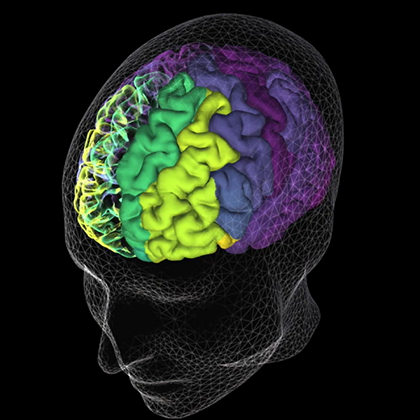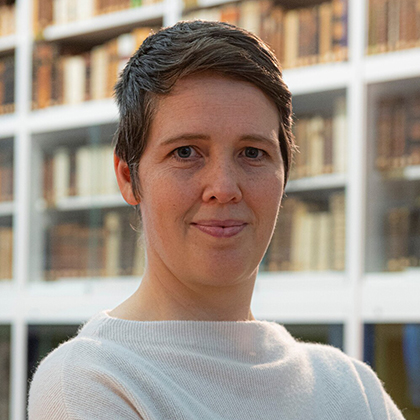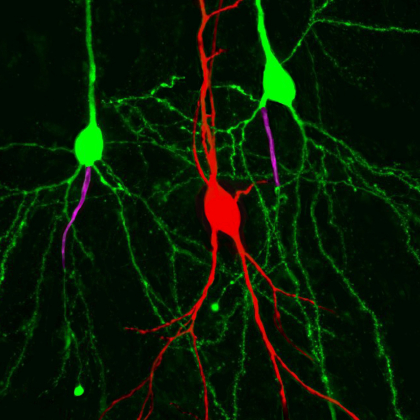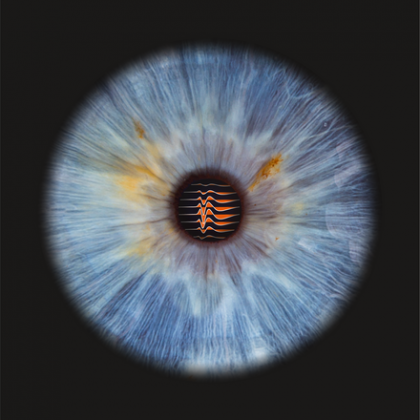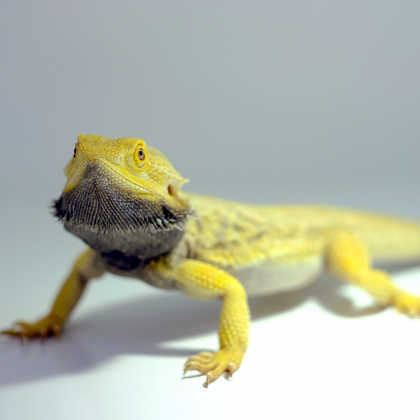Bernstein Network News. Find the latest news from our researchers regarding current research results, new research projects and initiatives as well as awards and prizes.
The secret of swing – addressed in the lab
Jazz must swing - jazz musicians agree on that. However, even 100 years after the beginnings of jazz, it is still unclear what exactly constitutes the swing feel. With a sophisticated experiment and data analyses on more than 450 well-known jazz solos, physicists from the Max Planck Institute for Dynamics and Self-Organization (MPI-DS) together with psychologists from the University of Göttingen have unraveled a secret of swing. They were able to demonstrate that certain systematic deviations in timing are a key component of swing. These microtiming deviations are so small that they are not perceived as such even by professional jazz musicians, who nonetheless are using them unconsciously.
Can you burn calories by thinking hard?
If you hate early morning jogs but love Sudokus over breakfast, it sounds ideal. But is it accurate? Neuroscientist Petra Ritter gives it some thought.
What happens in the brain during an argument? An interactive atlas shows active areas during anger, annoyance or despair
On October 6, an exhibition on the subject of quarrels opens at the Museum für Kommunikation. The brain simulation group at the Berlin Institute of Health at the Charité (BIH) is contributing a touch-controlled screen on which feelings that play a role in quarreling become visible: Anger, annoyance, envy or resignation arise in certain networks of the brain, which visitors can specifically light up.
Neural Systems Theory
Viola Priesemann takes up professorship at the University of Göttingen
Brain state determines what we see
The pupil size of the eyes is not only affected by light, but also by a person's inner state of the brain. An international research team consisting of neuroscientists from the Universities of Göttingen and Tübingen in Germany, and the Baylor College of Medicine in Houston, USA, has now been able to provide initial answers to the question of why the pupil size changes with the inner state and whether these rapid, state-dependent changes in the pupil change the way we perceive our surroundings. The results were published in the journal "Nature".
Critical point in brain information processing confirmed using quantum field theory
Scientists at Forschungszentrum Jülich have used a commonly used technique from quantum field theory to study how the brain stores and processes information.
Information processing in standby mode: How certain neurons circumvent forced pauses
Researchers from Heidelberg, Linz and Tübingen describe a new mechanism of signal transmission in the hippocampus, the memory center of the brain: Stimulus transmission past the cell body works despite inhibition by neuronal network. Their findings were published in the journal Science.
Primate husbandry and research under one roof
The new research and husbandry building PriCaB, short for Primate Cognition and Behavior, uniquely combines aspects of animal husbandry and animal research with non-human primates. In particular, the animals' cognition abilities can be explored using the equipment for playful interaction without the animals having to leave their social group. A camera system combined with novel analysis and recognition programs will also be used to record the animals' behavior and health status individually and around the clock. Thus, the new building at the German Primate Center - Leibniz Institute for Primate Research (DPZ) also enables significant contributions to safeguarding and researching animal welfare in non-human primates.
How visual information travels from the retina to the midbrain – New Neuropixels technology provides evidence of mosaic-like neural connections
For the first time, neuroscientists from Charité – Universitätsmedizin Berlin and the Max Planck Institute for Biological Intelligence (currently in the process of being established) have revealed the precise connections between sensory neurons inside the retina and the superior colliculus, a structure in the midbrain. Neuropixels probes are a relatively recent development, representing the next generation of electrodes. Densely packed with recording points, Neuropixels probes are used to record the activity of nerve cells, and have facilitated these recent insights into neuronal circuits. Writing in Nature Communications*, the researchers describe a fundamental principle which is common to the visual systems of mammals and birds.
Dragons and Brain Evolution
A molecular atlas of an Australian dragon’s brain sheds new light on over 300 million years of brain evolution





